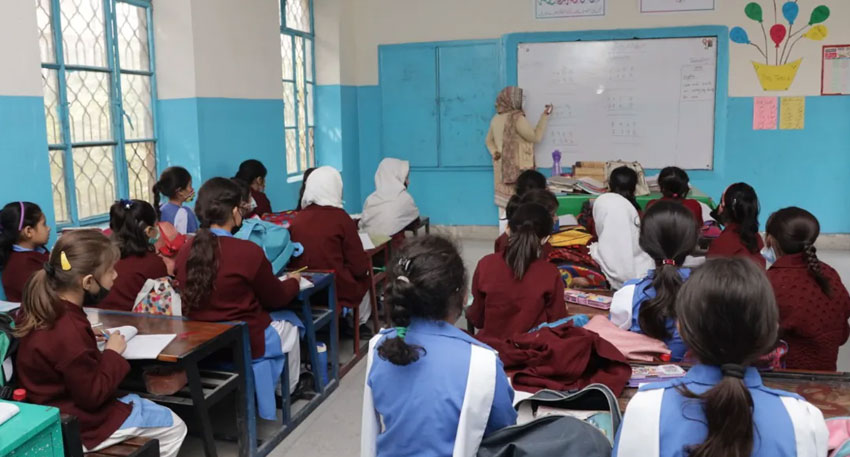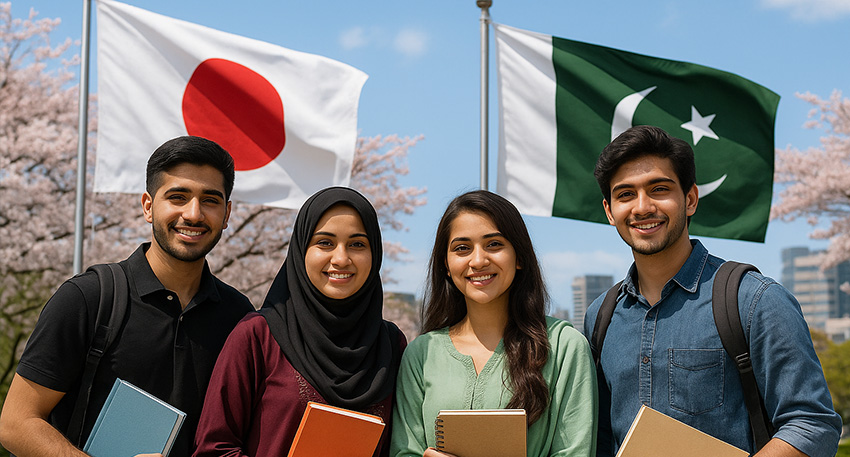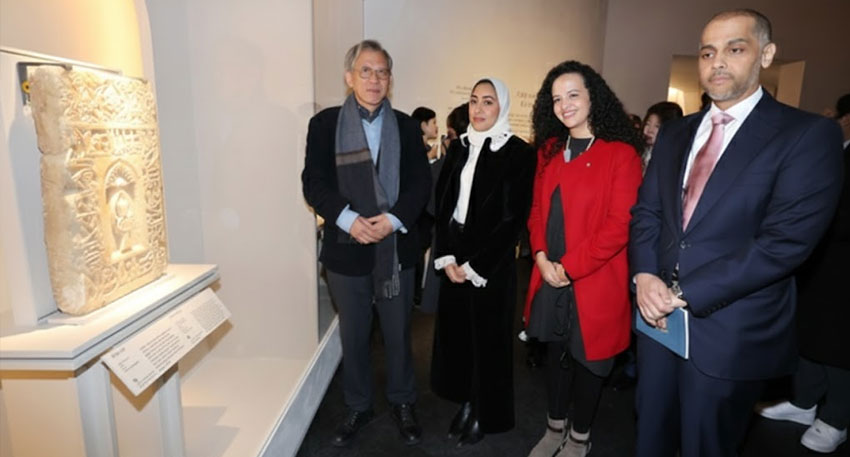
The Punjab government is set to begin the third phase of its school privatisation programme in December, marking one of the largest education-sector shifts in the province. Under the new phase, 4,500 government schools will be handed over to private operators. This includes primary, middle, and—for the first time—high schools.
According to officials, the criteria for selection remain unchanged: schools with fewer than 100 enrolled students will be transferred to private management. The government argues that low enrolment makes these institutions financially unsustainable. So far, the province has already privatised 12,500 schools under earlier phases of the programme.
As part of the transition, teachers currently serving in the selected schools will not be dismissed. Instead, they will be relocated to nearby institutions or placed in the official surplus pool. Authorities claim this will help address staff shortages in overcrowded schools while maintaining job security for teachers.
Officials also confirmed that the lists of eligible schools will soon be collected from district education authorities. The process is expected to begin without delay once verification is complete. The Punjab government insists that privatisation will improve school performance, raise learning outcomes, and ensure better management through public-private partnerships.
Also Read: LHC grants bail to Ducky bhai in gambling app case
However, education activists have expressed concern over the growing shift to private operators. They fear the move could widen educational inequality, especially in rural regions where families cannot afford extra charges. Despite criticism, the government maintains that the decision is necessary to reform the underperforming public-school sector.




